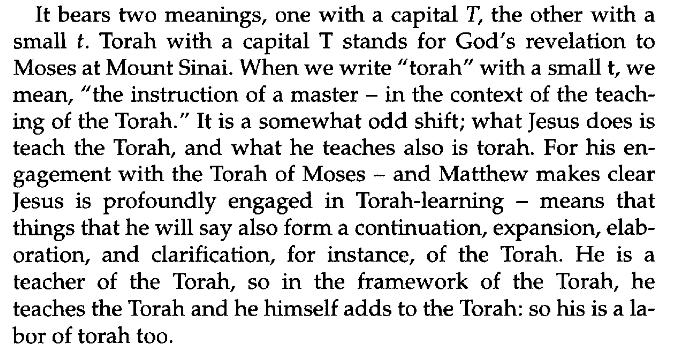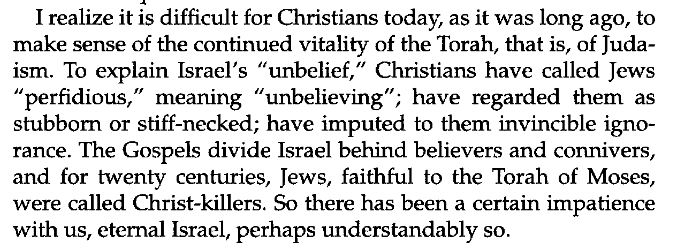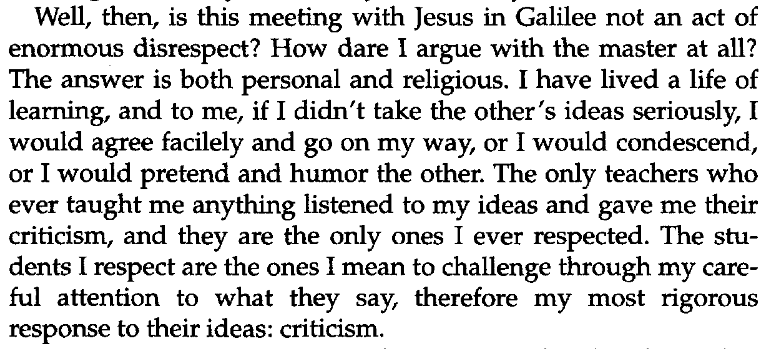I have often wondered whether the Christian scribes that wrote the Gospels and Acts, ever thought that they were writing “scripture” that would be one day seen as “God’s word” rather than their composition to describe a personality that had become so honoured by them, that they considered him to be a prophet, spiritual leader, and even a messiah. The later deification of course went a step further. You find a lot of conflict in Christian history because of different readings of scripture, and a lack of unity in many circles.
The reason I ask this is because, as Jacob L. Wright suggests in a new book, when you look at the final generations of Old Testament writers, they made a surprising move and produced books and texts that encouraged their readers to challenge teachings that their predecessors had developed over centuries. They seemed to have been convinced that pushback and protest make a system more flexible and resilient. Only when their communities, as a “People of Protest,” felt empowered to evaluate and critique their teachings, would they fully appreciate both their merits and their limitations.
His book Why the Bible Began: An Alternative History of Scripture and its Origins (Cambridge University Press) is thought provoking, because it suggests that the narrative that was put together was a unique attempt to make a nation out of failed kingdoms, and bring people together as one people, that until then had lacked this national cohesion. It obviously has been successful, and it seems to be successful because it doesn’t rely on people living all in one place to belong together and can accept diversity to a certain degree.
The historical evidence he offers is very plausible and would explain why the correspondence that has been discovered between Egypt and Canaan paints a different picture of OT times. Wright is quite enamoured by the task (and its success) that the unnamed scribes set themselves but points out that now that historical evidence is being found, a new evaluation and critique of OT teachings would show that the texts still have value but can no longer be treated as historical in the strict sense.
Does Christian belief depend upon the OT being strictly historical?



